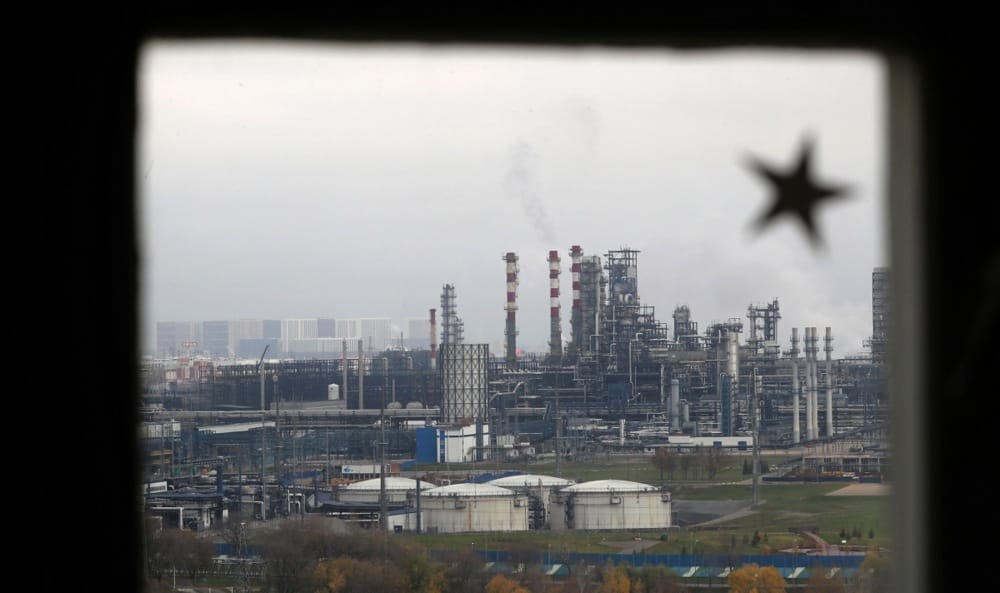Illia Neskhodovskyi, lead analyst at Ukraine’s National Interests Protection Network, said gasoline shortages were already widespread throughout Russia: “There is not enough gasoline in Karelia, there is not enough gasoline in the Khabarovsk Territory, there is not enough gasoline in the Far East, there is not enough gasoline in Primorsky Krai. If we look at the price tags, the price is somewhere around 20-25 percent more than the official statistics give, so these are real losses for Russians and for carriers.”
Time to talk?
Yuriy Boyechko, CEO of the pressure group Hope for Ukraine, said he expected the economic pain to bring Russia to the negotiating table this fall.
“If Ukraine continues its strikes against Russia’s oil infrastructure into mid-fall, it could trigger serious economic problems within Russia — problems that may force Putin to negotiate in good faith and end the war,” Boyechko said.
European and American politicians are eyeing an opportunity for a renewed diplomatic offensive after Putin last month jetted to Alaska for an unprecedented sit-down with President Donald Trump. The visit was widely seen as the result of hefty new tariffs imposed by Washington on India over its continued purchases of Russian oil, exerting massive pressure on one of Moscow’s key economic partners.
The EU is also expected to unveil a new package of sanctions in the coming weeks, the 19th to be imposed on Russia since its full-scale invasion in February 2022. While major new energy restrictions are understood to be unlikely, an options paper discussed by diplomats at an informal meeting of energy ministers last week, obtained by POLITICO, showed Brussels is considering replicating America’s tariff strategy to inflict further pain on the Russian economy.
In the meantime, Ukraine is taking matters into its own hands. Strikes on Russia’s Druzhba pipeline, carrying oil to Kremlin-friendly Hungary and Slovakia, have caused major cutoffs in recent weeks. Budapest has announced sanctions against a Ukrainian drone commander, himself an ethnic Hungarian, and demanded that Brussels take action. The EU, meanwhile, has said it foresees no security-of-supply issues for the bloc as a result — instead doubling down on its efforts to drain the Russian war chest with a total phaseout of Russian oil.
